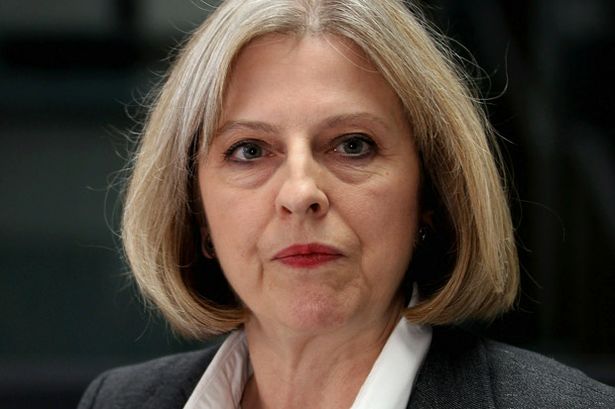
‘Would my right honorable friend agree with me…?”
There are fewer depressing phrases uttered in Parliament, a signal that what is likely to follow isn’t a question but a mindless endorsement of party policy or a reference to an obscure constituency event that somehow reflects well on Government policy.
Cliche time, but Prime Minister’s Questions is Westminster’s set-piece political event, when the Prime Minister and Leader of the Opposition trade blows roared on by squawking, cheering – sometimes moo-ing – backbenchers. Trouble is, it’s rubbish. Really dire. Dreadful stuff and a poor reflection of the good work, particularly around scrutiny and checks and balances, that the Houses of Parliament actually does.
Added to which, outside of the Westminster bubble, it doesn’t matter. Whisper it, but no-one is really watching. Most normal people never see it, only a small minority regularly watch. Only political nerds like me watch the whole thing – and even we think it is desperate viewing, a forty minute advert for why people tend to dislike politicians.
I’m writing this after a particularly bad exchange between Theresa May and Jeremy Corbyn. It wasn’t incr-edi-ble. In fact, the exact opposite. I seriously recommend you avoid it. But you know what? It doesn’t have to be this bad. The basic principle of the most powerful elected official in the land coming to explain herself once a week is a good one. Here are a few radical, but achievable, ideas on how it could be improved.
1. Voice of the People
No reason why PMQs couldn’t be opened up to members of the public as well. In a forty minute session we could have three moderated questions, with follow ups, chosen by an independent panel. These questions would set the agenda before a return to the traditional running order, opposition, followed by other party leaders and then backbenchers. Famously, Jeremy Corbyn tried, and later abandoned, this voice of the people approach. But put in a neutral, non-party, context it could be interesting.
2. Live Fact Checking
Every time the PM or opposition makes a claim, fact-check live – the Speaker might interrupt to provide clarification – and publish a succinct report afterwards via social media and on the parliament website. It might show up some of the more outlandish spending claims made by government and opposition.
3. Change the Time
Who, apart from me, is watching The Daily Politics at twelve on a Wednesday? If you want to get more public involvement, move it to 5pm, giving something for the later TV news bulletins to get their teeth into.
4. Move it out of Westminster
Soon the Houses of Parliament will shut for years for an eye-wateringly expensive refurbishment. Despite what security staff and others might tell you, there is nothing to stop PMQs and most of Parliament taking place outside the bubble. I don’t care if Theresa May and Jeremy Corbyn clash about social care spending in a community center in Solihull or a leisure centre in Tamworth. It would do them both good. It’d be interesting if taking MPs out of a tribal environment might help the quality of debate.
5. Proper sanctions for badly-behaved MPs
I understand that people get passionate. And I don’t want to turn PMQs into a dry policy debate. But some of the barracking, name-calling and general silliness demeans the entire event. This would improve if MPs were named by the Speaker and given yellow card and red card warnings before being excluded from next week’s session. Constituency parties might also be encouraged to have a word with representatives who regularly cross the line.
6. Separate Sessions for UK Nations
The current PM is a firm believer in the Union, but non-English parties get sidelined at PMQs, despite the SNP being allowed to ask two questions. There’s no reason why the PM shouldn’t return to the House for a second session exclusively for Plaid, SNP, Ulster Unionists or, once a term, travel to these nations’ assemblies to take questions from representatives.